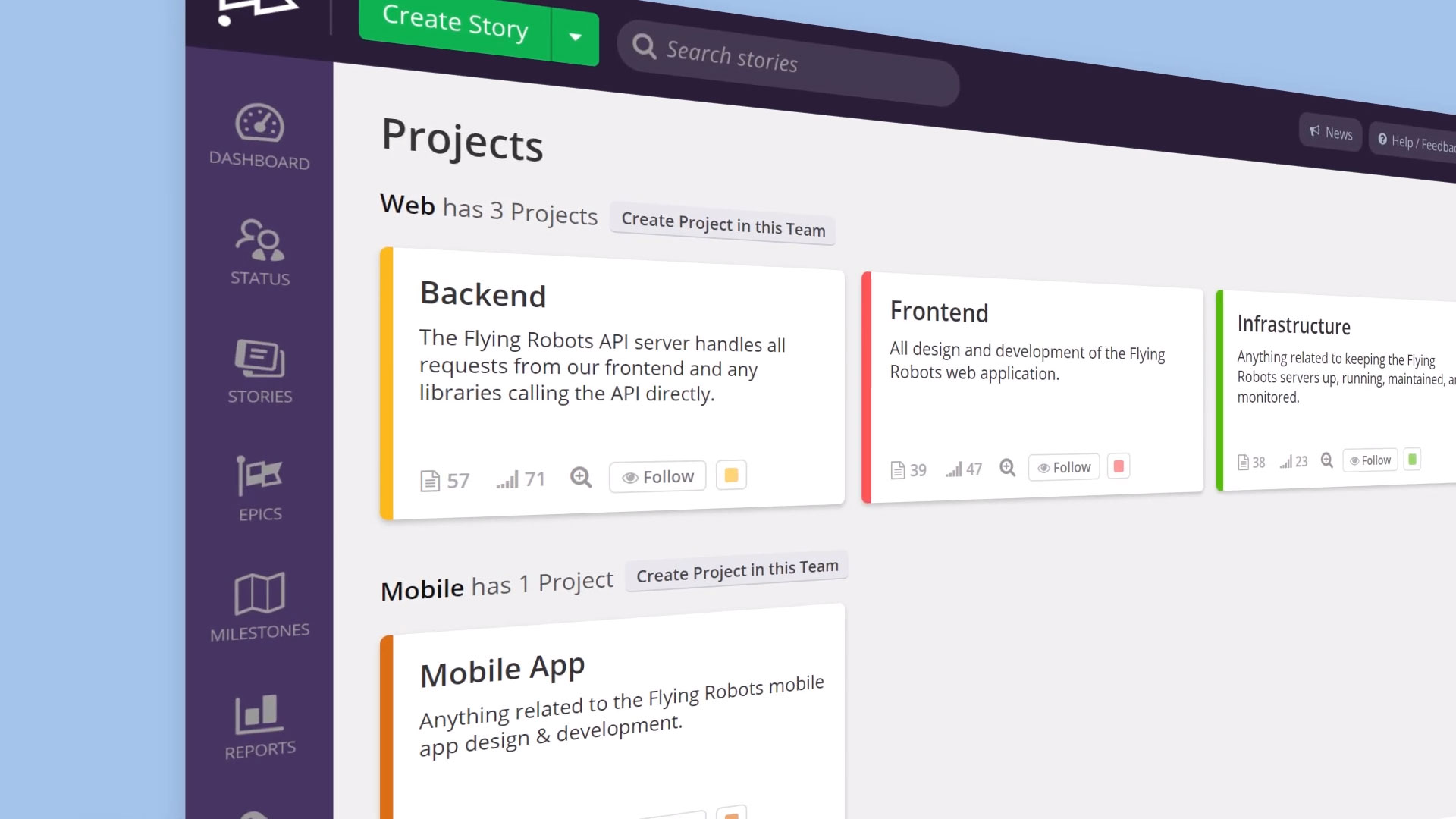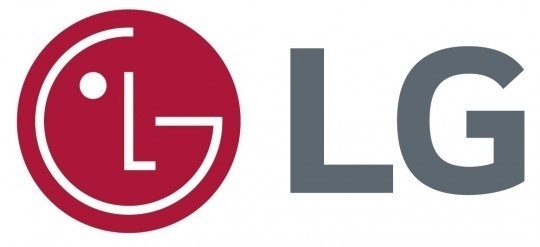Developer of collaborative software development project management tools Clubhouse Software Inc. announced today that it has raised $25 million in a Series B funding led by Greylock Partners.
Clubhouse is a maker of software management tools for development teams, such as DevOps teams, with enterprise-grade tools available for all team sizes. Launched in 2016, Clubhouse has overseen over 5 million completed projects, called “stories” by the company, with over 20,000 active organizations using its software suite.
“Building great software is the foundation of competition for more companies in more industries than ever before,” said Sarah Guo, Greylock General Partner and Clubhouse Board Member. “Yet the aging tools used to organize software development often make the process harder, not easier. With its incredibly fast, simple yet powerful software project management, Clubhouse is reinvigorating a huge but long stagnant market. They demonstrated both scalability and developer love which we believe has enormous potential.
Clubhouse launched its flagship product in February 2016 and added an enterprise edition in October 2018. The vision for its product was to provide an enterprise-ready alternative to Atlassian Corp’s Jira. plc, a popular project tracking tool used by corporate DevOps teams.
“The harsh truth is that we haven’t seen a modern vendor emerge in the last decade in the project management software space – despite huge changes in the overall software development process,” Neeraj said. Agrawal, Battery General Partner and Clubhouse Board Member. “We believe Clubhouse is the new market entrant that can truly disrupt the industry. We have been extremely impressed with the company’s strong team, innovative mindset and revenue traction to date, and have high hopes for continued growth.
Clubhouse intends to use this new funding to continue to develop and innovate its collaboration tools.
According to the company, its software is the first and only project collaboration platform that successfully bridges collaboration between high-growth companies. This is because the current array of project management tools on the market is either too simple and doesn’t scale well with growing teams, or it’s too complex and forces teams to adopt multiple tools to get the job done. .
It’s not uncommon in the industry where DevOps teams can integrate both Atlassian and Trello (which was acquired by Atlassian for $425 million in 2017) to manage complex communication and deployment models. Clubhouse argues that these complex management tools create a silo effect that makes collaboration more difficult because it reduces visibility between engineering teams and the rest of the organization.
“Clubhouse is built by engineers for engineers,” said James Turnbull, vice president of engineering at Glitch inc., an easy-to-use web application development tool. “The tool’s workflow fits perfectly; we were able to get settled in less than fifteen minutes. It makes my life easier and doesn’t get in the way and allows me to focus on my team and my goals.
This funding round brings the total raised by Clubhouse to $39 million and the company intends to continue its trend of innovation with software management and evolve its team on a trajectory that is expected to exceed the milestone of million users next year. In December 2017, Clubhouse closed a $10 million Series A funding round led by Battery Ventures, which also joined the new funding round alongside Lerer Hippeau.
“Clubhouse is redefining the way great software is created,” said Kurt Schrader, co-founder and CEO of Clubhouse. “We continue to invest in building a faster, more powerful platform that will allow modern software teams and their people to perform at their best, while being fun to use.”




